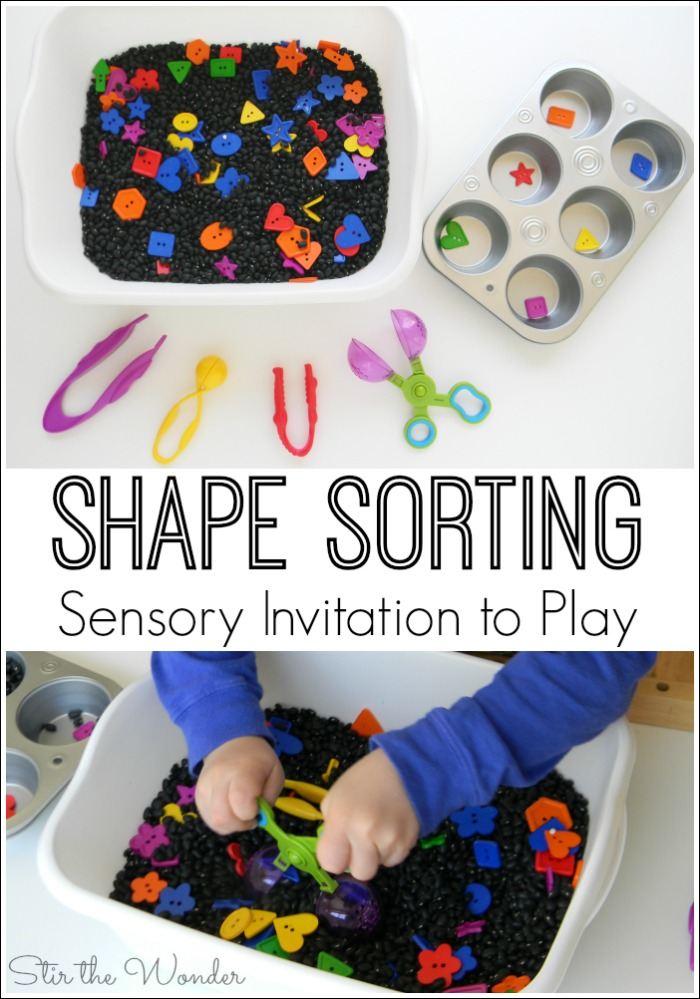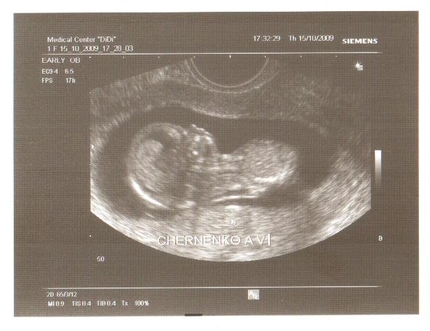Craving eggs during pregnancy
The 11 Weirdest Pregnancy Cravings And What They Mean
Sweet, salty, sour, spicy — cravings during pregnancy can run the gamut. While certain cravings may indicate a nutritional need, many can be attributed to the amped-up hormones coursing through your body. So what types of food (and non-food items!)do pregnant women crave the most? Check out our list below to get the scoop on pregnancy cravings.
More: 12 Pregnancy Superfoods
When Do Pregnancy Cravings Start?
There's no magic time when all pregnant women will start to get cravings. Some women may never get cravings during any time of their pregnancy! But, if you do, they'll likely start during your first trimester. Some women report getting them as early as five weeks into pregnancy. you may not even know you're pregnant at that point!
You can expect cravings to get stronger during the second trimester. Many women notice that their cravings stop during the third trimester.
Just as there is no standard time when all women will have cravings, all pregnant women will also experience different cravings.
Why Am I Having Pregnancy Cravings?
Food cravings usually have to do with changing hormone levels and nutritional deficiency. Some of them are linked to old wives’ tales that try to predict whether you're going to have a boy or girl depending on your craving.
Pregnant women may choose to work with a nutritionist during their pregnancy to ensure they achieve a well-balanced diet. This can also be helpful during the postpartum period to help with nutrition, as nutritional choices can affect breastfeeding.
Craving chips? Chocolate? Eggs? We're going to break down what all of those cravings could mean for you and your pregnancy
1. Why Am I Craving Chocolate During Pregnancy?
If you just can't get enough chocolate, your craving may be due to vitamin deficiencies. Chocolate contains vitamin B, so you may be lacking in that department. When you're craving chocolate, pass over the milk chocolate and reach for the dark stuff. It will help satisfy your craving better, plus it's been shown to help improve heart health and is loaded with antioxidants.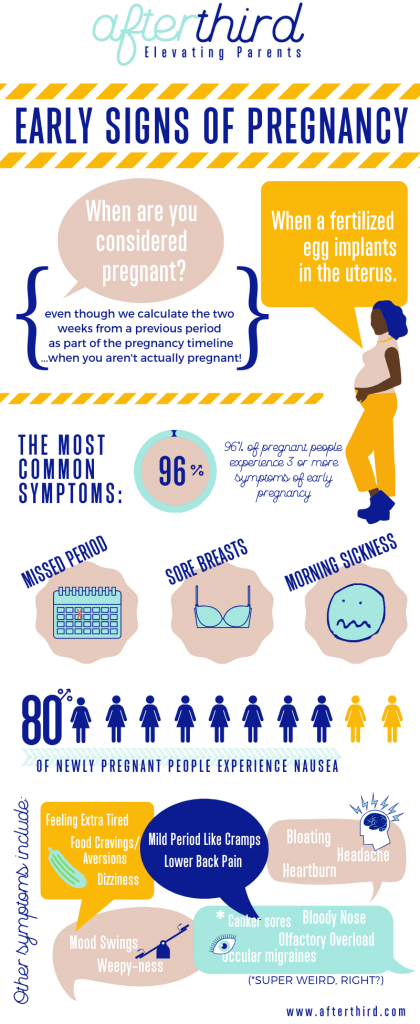 Research shows that a lack of antioxidants in your body during pregnancy can cause stress within the placenta which could lead to pre-eclampsia symptoms and miscarriage.
Research shows that a lack of antioxidants in your body during pregnancy can cause stress within the placenta which could lead to pre-eclampsia symptoms and miscarriage.
2. Why Do I Crave Pickles & Salty Foods During Pregnancy?
For many women, pregnancy and pickles go hand and hand. Pickles (along with olives and potato chips) are typical craving culprits. Increased blood volume raises a pregnant woman's need for sodium, making these salty foods a common go-to.
3. Why Am I Craving Bacon During Pregnancy?
Bacon is right up there when it comes to salty foods you may crave during pregnancy. You may also be reaching for the bacon because it combines protein and fat. Increasing healthy fats and lean protein might combat this craving.
Some scientific studies have also found that consuming a moderate amount of bacon and eggs during pregnancy could help boost the intelligence and memory of your unborn baby! Pork and chicken eggs both contain the nutrient choline, which is important in the development of brain functions.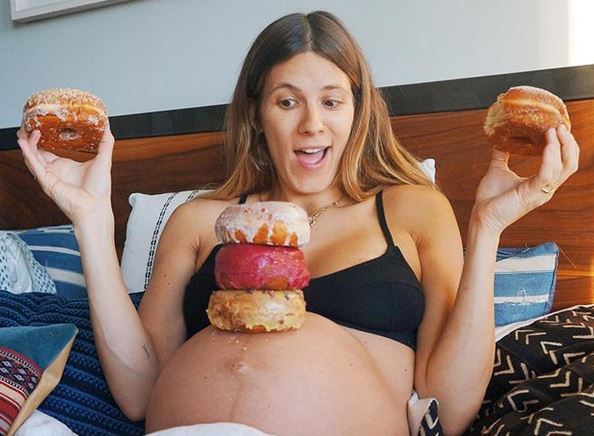
4. Why Am I Craving Eggs During Pregnancy?
Craving eggs during pregnancy is common. Eggs are a fantastic source of protein, so your body may be telling you that it wants more of it. No matter how you eat them, just make sure the yolk and white are thoroughly cooked to reduce the risk of salmonella.
5. Why Do I Crave Ice During Pregnancy?
If you have a craving to suck on ice cubes, you could be dehydrated. Body heat or loss of fluids may be to blame. Always be sure to stay hydrated during pregnancy to stay healthy for yourself and your baby. Wanting to eat ice can also be a sign of an iron deficiency or anemia. So it’s important to make sure you’re properly supplementing with iron during pregnancy.
6. Why Am I Craving Cheese During Pregnancy?
Your body may need calcium if you're always reaching for the cheese. Although it can provide calcium, many types of cheeses are high in fat which can be bad for you and your baby. If calcium is what you crave, balance it with calcium-rich veggies like leafy greens and broccoli.
7. Why Do I Want Lemons When I'm Pregnant?
Yearning for sour foods often has pregnant women reaching for lemonade, limeade, or even raw lemons. This craving is more prevalent in the second and third trimesters. While scientists haven't been able to pinpoint exactly why pregnant women want lemon and other citrus fruits, one belief is that these fruits are digestible and refreshing. Others think it's the body's natural way of getting a more varied diet. (You can only have so much chocolate and bacon).
8. Why Do I Crave Ice Cream While Pregnant?
Milk products in general usually top the pregnancy craving charts, most likely because of their high calcium content. You may be lacking enough calcium if you constantly crave ice cream. If you find your ice cream consumption getting a little out of control, try switching to chocolate milk, sherbet, or low-fat frozen yogurt.
9. Why Do I Want Fruit When Pregnant?
Fruit is a great craving to have when you're pregnant, just keep it in moderation with everything else.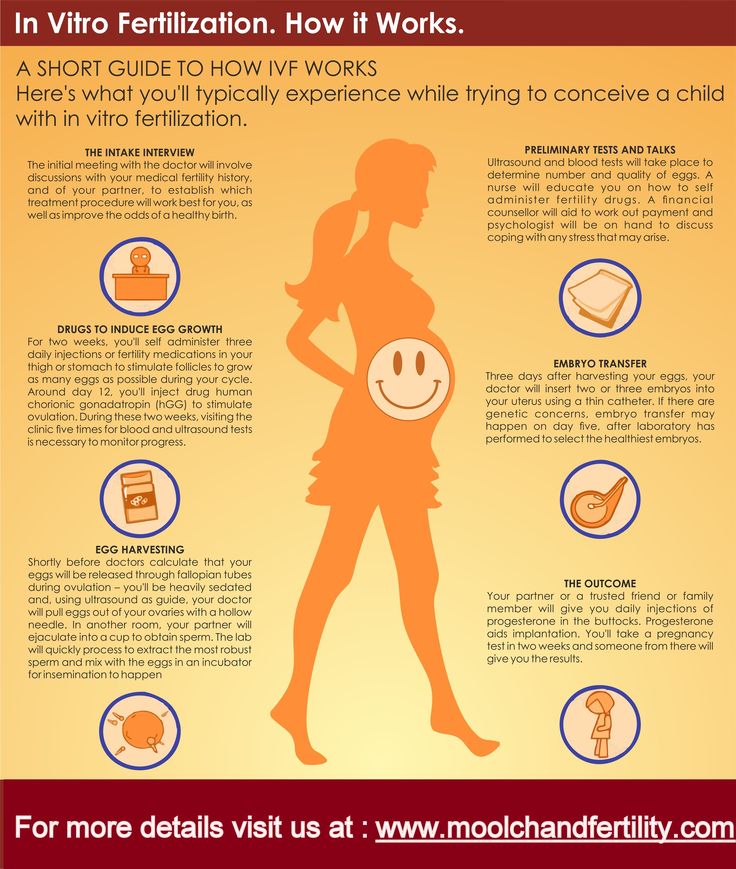 Too much fruit can lead to a spike in blood sugar, so try to balance fresh fruit out with some protein. Your fruit frenzy could signal a need for vitamin C if you're reaching for melons and strawberries or it could be your body's way of getting healthier foods into your diet. If you want bananas, apricots, or dried fruit, you may be lacking potassium.
Too much fruit can lead to a spike in blood sugar, so try to balance fresh fruit out with some protein. Your fruit frenzy could signal a need for vitamin C if you're reaching for melons and strawberries or it could be your body's way of getting healthier foods into your diet. If you want bananas, apricots, or dried fruit, you may be lacking potassium.
10. Why Do I Crave Chili Peppers & Spicy Foods?
Many pregnant women crave spicy foods, even if they bring a tear to their eyes! These cravings may be attributed to hormonal changes, nutrient deficiencies, and compounds found in spicy foods. While it may taste good on your tongue, these fiery foods could wreak havoc on your digestive tract, leading to heartburn and indigestion. So, chili peppers and salsa in moderation.
11. Why Am I Pregnant and Wanting Peanut Butter 24/7?
A peanut butter craving could signal a need for vitamin B or protein. If you can't get enough, pair it with a healthier food (like apples) to help satisfy your need without eating the entire jar.
While many pregnant women have cravings for foods like these, others might also experience a sudden dislike for foods that have always appealed to them before pregnancy. This is known as having food aversions. Food aversions can be due to a heightened sense of smell or changes in hormones or taste buds.
How to Prevent Food Cravings During Pregnancy
The best way to prevent food cravings in pregnancy is to make sure you are eating a healthy and well-balanced diet. Early pregnancy and the first trimester can be especially challenging because they are often accompanied by morning sickness. During this time, focus on eating whatever you can actually keep down so you have enough energy and strength. Eating breakfast is important. Trying to have many very small yet healthy meals or snacks throughout the day can also be helpful.
Once morning sickness subsides, typically around the start of the second trimester, it’s definitely okay to give in to your cravings. The key is to have these things in moderation. If you’re craving ice cream, your body might need some extra calcium. Have a bit of ice cream but also consider what other calcium-rich dairy products that include healthy fats might suffice.
If you’re craving ice cream, your body might need some extra calcium. Have a bit of ice cream but also consider what other calcium-rich dairy products that include healthy fats might suffice.
Looking for healthy distractions to address unhealthy food cravings can also be helpful. When women experience persistent cravings, they can use that time to take a walk, do some prenatal yoga stretches, or simply step outside for some deep, meditative breathing. Any focus on wellness activities can help with food cravings and overall well-being.
Health Issues Related to Pregnancy Food Cravings
You should always clue your healthcare provider in on your cravings. If you're craving non-food items like dirt or clay, it can be a sign of pica. Pica can be caused by anemia due to a deficiency in iron or B vitamins. It can also be the result of a mineral deficiency like zinc. Iron deficiency can be common in pregnancy, though it doesn’t always result in pica.
Gestational diabetes can also sometimes be related to food cravings.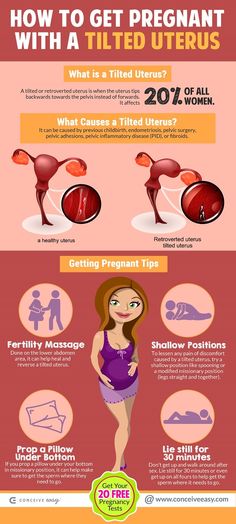 Gestational diabetes, or gestational diabetes mellitus (GDM), occurs when glucose intolerance is recognized during pregnancy for the first time. Healthcare providers will typically test for this, but if you are especially having cravings for sweet foods or having a large number of sweet foods and drinks, definitely let your provider know.
Gestational diabetes, or gestational diabetes mellitus (GDM), occurs when glucose intolerance is recognized during pregnancy for the first time. Healthcare providers will typically test for this, but if you are especially having cravings for sweet foods or having a large number of sweet foods and drinks, definitely let your provider know.
Remember, cravings can be a part of pregnancy. You just need to do everything in moderation to have a healthy and safe pregnancy.
What Does It Mean When You Crave Eggs While Pregnant?
triocean/Shutterstock
By Josee Ng|Oct. 13, 2022 11:43 am EST
Food cravings, which are sudden urges to consume a particular type of food, are among the many well-known signs of pregnancy, per a study published in Frontiers in Psychology. "Cravings tend to differ for each woman," says consultant obstetrician and gynecologist Dr. Ellis Downes (via GoodtoKnow). The most frequent cravings include baked sweets, crunchy treats, spicy food, chocolate, and caffeine.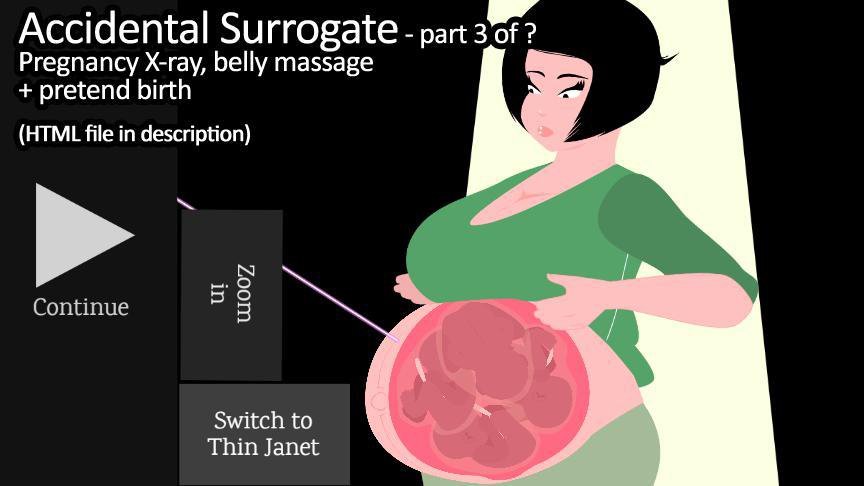 However, some people crave bizarre substances that they might have never eaten before like mud and chalk, which is a sign of pica and should be monitored closely.
However, some people crave bizarre substances that they might have never eaten before like mud and chalk, which is a sign of pica and should be monitored closely.
Food cravings can appear anywhere from one to twelve weeks into pregnancy and intensify in your second trimester, before grinding to a halt in your third trimester. Cravings can be brought on by a number of things, such as hormonal changes, variations in one's sense of taste and smell, an increased need for certain nutrients, or stress. Generally speaking, what you crave during pregnancy might result from your restrictive consumption of that particular food. So, what does it mean when you crave eggs while pregnant?
Eggs are a wonderful source of protein for pregnant ladies
Praisaeng/Shutterstock
Eggs are an excellent source of protein, according to medicine specialist Kurt Hong to Keck Medicine. Your body converts the protein you consume into amino acids, which are crucial for regulating digestion, maintaining healthy sleep-wake cycles, and boosting the immune system. Packed with healthy unsaturated fats and over a dozen vitamins and minerals such as selenium, folate, calcium, and choline, eggs bring massive benefits to your health as well as the developing baby's development. Therefore, eggs can count as a common and perfectly safe food craving. If you crave eggs, a decent source of protein and vitamin B12, it might be your body telling you that you need more of those substances, per FamilyEducation.
If you enjoy eating eggs, you might want to try omega-3-enriched eggs. Produced by chickens given a flaxseed-rich diet, omega-3 eggs are said to offer 12 times more omega-3 fatty acids as well as less cholesterol than regular eggs. Consumption of omega-3 eggs can potentially minimize the risks of heart disease and stroke and promote the formation of healthy brain cells.
How to manage your egg cravings healthily
GaudiLab/Shutterstock
Since your immune system gets weaker temporarily during pregnancy, you might be more prone to foodborne diseases like salmonella. You can eat fried, boiled, or scrambled eggs, but take care to eat only thoroughly cooked yolk and white to minimize the risk of food poisoning. According to the Government of New South Wales, pregnant women should only consume eggs that have been properly cooked to at least 71 degrees Celsius. During pregnancy, preggers should avoid consuming poached eggs and soft-boiled eggs. Foods like mousse, homemade ice cream, and eggnog that are made with raw or runny eggs should also be avoided. Additionally, steer clear of eggs with cracked or mucky shells, store them in the fridge or a private carton, consume leftover eggs within 24 hours of cooking, and eat hard-boiled eggs within three days of boiling, Australian Eggs advises.
Overeating eggs can cause bloating, gas, or abdominal pain, apart from causing your cholesterol to soar and putting your heart at risk. Depending on your cholesterol level, the recommended intake of eggs is two to three eggs per day. The Heart Foundation advises restricting your weekly egg consumption to seven eggs if you have high blood sugar or high levels of low-density lipoprotein cholesterol. While it's safe to eat eggs every day, they should be part of a balanced diet that also includes lean meat, legumes, salmon, and leafy greens.
Recommended
What Not to Eat During Pregnancy
Your body works like a finely tuned machine to support a growing fetus, but a healthy and balanced diet (and avoiding certain foods) can help Mother Nature do her job even better. So, how is the nutrition of pregnant women different from the usual proper nutrition? What exactly should you be eating? Many pregnant women also wonder what foods to avoid and what not to eat during pregnancy. Here you will find answers to your questions, as well as practical advice on nutrition during pregnancy.
We are always ready to help you with advice, but remember that each woman's pregnancy is different, so our advice cannot replace the advice of a doctor. Contact your doctor to discuss any individual changes to your diet.
What not to eat during pregnancy
The good news is that healthy eating during pregnancy is very similar to healthy eating for non-pregnant women. You should eat regularly and try to eat mostly natural foods such as vegetables, fruits and whole grains. Also, try to limit high-sugar and processed foods in your diet.
For safety reasons, avoid raw or undercooked meat, liver, raw fish sushi, raw eggs, soft cheeses, and unpasteurized milk and juices. Below you will find more information on some of the foods that should not be consumed during pregnancy: 1 2 3
mercury content, which include marlin, swordfish, king mackerel, mackerel, shark, tuna and tilefish. Only canned light tuna is allowed in moderation.
To the dismay of all sushi lovers, raw fish, shellfish and crustaceans are also among the foods that are highly discouraged during pregnancy, as they may contain bacteria or even parasites. Smoked seafood should also be excluded from the diet.
- Soft cheeses made from unpasteurized milk
Soft cheeses such as feta, brie, dorblu and camembert are also on the list of foods that pregnant women should avoid.Because these cheeses are made from raw milk, they can be contaminated with Listeria. 4
Rule of thumb: look for the label that says the product is pasteurized!
- Unpasteurized milk and juices
Similar rules apply to milk and juices. Freshly squeezed juice or any unpasteurized juice may contain disease-causing bacteria (E. coli, Listeria, Salmonella) 5 and should therefore not be consumed during pregnancy.
- Raw eggs
Also on your pregnancy avoid list are raw eggs or foods that contain raw or half-baked eggs: muffin mix, cookie dough, soft-boiled eggs, and fried eggs. Also be aware of foods that may contain half-baked eggs, such as salads, condiments, scrambled eggs, and ice cream. During pregnancy, it is necessary to consume only those eggs that have been heat-treated until fully cooked.
- Semi-cooked or raw meat and poultry
Semi-cooked or raw meat may contain listeria.During pregnancy, be careful to avoid such deli meats, or steam the meat until it is fully cooked. Cold meat pâtés are also prohibited. As for sliced meat, make sure that it has been cooked to full readiness before eating it.
- Raw or semi-cooked foods of plant origin
Eating raw vegetables, fruits, berries, lettuce, legumes, root vegetables, etc. carries the risk of food poisoning and should be thoroughly washed or cooked before consumption to reduce the risk of bacterial growth . Foods to Avoid During Pregnancy0005- Pre-cooked fresh minced meat
Be careful when eating pre-cooked fresh minced meat. If you decide to buy a whole stuffed bird, you need to buy it frozen and do not defrost before cooking. Bacteria can grow in fresh meat in combination with stuffing. 7
- Sweets, carbohydrate-rich foods, fast food
Although there is no conclusive scientific evidence, sweets, fast food, and foods high in fat and carbohydrates are usually on the list of foods that expectant mothers crave to eat.If you have an overwhelming craving for certain foods during pregnancy, try choosing healthier options. Can't imagine a meal without french fries? Fry foods in little or no oil with the Airfryer Airfryer, a healthy alternative that lets you enjoy delicious fried food at 9% less0%*fat content. You must remember that a balanced, healthy diet is important for maintaining your health and the health of your unborn baby.
- Excess caffeine
During pregnancy, restrictions are placed not only on food, but also on drinks, among which drinks containing caffeine should be avoided. Remember that caffeine is found not only in coffee, but also in drinks such as tea, cocoa, cola.The World Health Organization (WHO) recommends that “women with daily high caffeine intake (more than 300 mg per day) reduce their daily intake during pregnancy to reduce the risk of miscarriage or low birth weight.” 8
After the birth of a child, the diet of a nursing mother is no less important than during pregnancy.
Watch a webinar from a Philips Avent expert on nutrition during this period:
Healthy nutrition for expectant mothers
Pregnancy is a period of intensive growth and development of your unborn child, as well as a time of many physiological changes in the mother's body, so the nutrition of a pregnant woman should contribute in every possible way to the success of passing this path. It's a good idea to discuss this with your doctor so you can make sure you're getting enough of the right nutrients. Here are some key tips for a healthy, balanced diet during pregnancy:- Eat whole grains such as whole grain bread and pasta; Choose lean meat or poultry and aim for 225-350 grams of boiled fish per week (remember to choose low-mercury fish).
- Your diet should include five food groups: grains, fruits, vegetables, protein, and dairy. 9 Have half your plate of vegetables and fruits and the other half whole grains.
- And the easiest way to eat more fruits and vegetables is to make smoothies. Now there is a huge variety of recipes, and Philips blenders will help you cook them quickly and achieve the most delicate texture. Make new recipes from your favorite foods and add greens and nuts to them.
- Talk to your doctor about your diet, vitamin supplements, and other prenatal medications, such as folic acid and iron supplements. During pregnancy, there is an increased need for vitamins and minerals, the full amount of which food products alone cannot provide.
- Choose monounsaturated or polyunsaturated fats, such as olive oil and avocados, and limit saturated fats and empty-calorie foods, such as candy or sugary drinks.
Stay on top of your pregnancy health with the Pregnancy+ mobile app. This application is specially designed for the entire pregnancy and childbirth period and provides comprehensive guidance through all stages of pregnancy.
Always check with your doctor before embarking on any particular diet.
Philips Avent articles & tips
Nutrition during pregnancy | Family Medical Center
Top 10 Foods to Eat During Pregnancy
Moms-to-be have to constantly think about what they eat and whether it's good for their baby. This situation is exhausting, especially given the mass of conflicting information floating around. Is fish healthy, or is there too much mercury in it? Do you need meat as a source of protein or is it too fatty? Can I eat eggs, or do they have too much cholesterol?
No wonder if all these thoughts make you feel down and you want to eat a chocolate bar to cheer you up. But don't do it! Or at least read our article first. There are many ways to make sure you and your baby are getting the nutrients you both need. In this article, pregnancy nutrition experts talk about the foods they think are the best. You don't have to love and eat all of these foods, just choose what you like.Eggs during pregnancy
It's amazing how many nutrients are contained in one egg. And that's only 90 calories!
In addition to 12 vitamins and minerals, eggs contain a large amount of high-quality protein needed by pregnant women. Your baby's cells grow exponentially, and each one is made up of protein. Plus, you, as a pregnant woman, also need protein.
Eggs are also rich in choline, which ensures the full physical and mental development of your child, as it helps prevent neural tube defects. Some eggs contain omega-3 fatty acids, which are important for brain and vision development (often, factories that produce eggs with omega-3 fatty acids will indicate this on the package).
What about bad cholesterol found in eggs? Eating saturated fats has been proven to raise cholesterol levels in the body much more than foods containing natural cholesterol. While eggs are high in cholesterol, they contain negligible amounts of saturated fat (only 1.5 grams per egg).
Nutritionists believe that a woman who has no health problems and normal blood cholesterol levels, eating a balanced diet low in saturated fat, can eat 1-2 eggs per day.
Eggs have other advantages - they are cheap, you can quickly and easily cook different dishes from them. When you're too tired to cook a full meal, you can just hard-boil a couple of eggs or make an omelet.Pregnancy salmon
Not only is salmon rich in high quality protein, it is also an excellent source of omega-3 fatty acids. Also, unlike swordfish, king mackerel, tilefish, and shark, salmon contains only trace amounts of methylmercury, a compound that can harm your baby's nervous system development. To avoid oversaturation of the body with mercury, experts recommend eating no more than 340 grams of salmon or other types of fish with a low content of mercury, such as light tuna and saithe, during the week.Legumes during pregnancy
Beans, lentils, black beans, spotted beans, chickpeas… The choice is huge! Of all vegetables, legumes contain the highest amount of dietary fiber and protein.
You already know how important protein is during pregnancy. But you may hear about dietary fiber for the first time, while this substance can become your best friend for all nine months of waiting for a baby. During pregnancy, the work of the gastrointestinal tract slows down, which can lead to constipation and hemorrhoids. Dietary fiber will help prevent or solve these problems.
In addition, foods containing dietary fiber are very nutritious. This includes beans, which are an excellent source of iron, folate, calcium, and zinc.Sweet potatoes and other orange vegetables during pregnancy
Sweet potatoes get their orange color from carotenoids, plant pigments that our body converts to vitamin A. liver, milk, eggs) can be dangerous, this does not apply to carotenoids. Our body converts exactly as many of these substances into vitamin A as it needs. Therefore, there is no need to limit the amount of fruits and vegetables rich in vitamin A in your diet.
Sweet potatoes are also a source of vitamin C, folate and dietary fiber. You can cook many different dishes from it.
Carotene (vitamin A) is also found in carrots, pumpkins, tomatoes, rose hips and some orange fruits.Popcorn and other whole grains during pregnancy
Yes, you read that right: popcorn. It also applies to whole grains. Whole grains are beneficial during pregnancy, as they are rich in dietary fiber and nutrients, including vitamin E, selenium and phytonutrients - plant-based nutrients that can protect our cells from harmful effects.
But don't limit yourself to popcorn and forget about other whole grains: oatmeal, whole grain bread, buckwheat, pearl barley.Walnuts during pregnancy
You don't like fish and eggs, but still want your baby to get omega-3 acids, which are so important for brain development? Nutritionists advise trying walnuts. It is one of the richest plant sources of omega-3 acids.A handful of walnuts makes a great snack or addition to a salad.
Yoghurt, fermented baked milk, kefir during pregnancy
Dairy products are a source of calcium, which is vital for expectant mothers. If you don't get enough calcium in your diet, it will still be supplied to your baby from your body's internal stores, depleting your bones and teeth.
Nutritionists believe that the main task of expectant mothers is to provide the baby with all the necessary nutrients without sacrificing their health. Calcium will help you keep your own bones strong while your baby's bones are being formed.Dark greens and leafy vegetables during pregnancy
Spinach, kale, lettuce (chard, iceberg, etc.) - Green leafy vegetables are packed with nutrients and vitamins, including vitamins A, C and K, and the all-important folate. In addition, it has been proven that they have a beneficial effect on vision.Lean meat during pregnancy
According to nutritionists, meat is an excellent source of high quality protein. - Pre-cooked fresh minced meat
